The IoT cloud platform is a cloud platform specifically designed for the Internet of Things (IoT). The IoT differs from the regular internet in that the number of IoT terminal devices is several orders of magnitude greater than that of ordinary internet devices such as smartphones and computers. While the regular internet primarily uses http and https protocols, some IoT devices cannot access https and require lightweight access protocols. The diversity of IoT scenarios means that no single product can solve all problems, and the same applies to IoT platforms. Below, we will review the main features of three domestic IoT platforms in China.
1. Alibaba Cloud AIoT
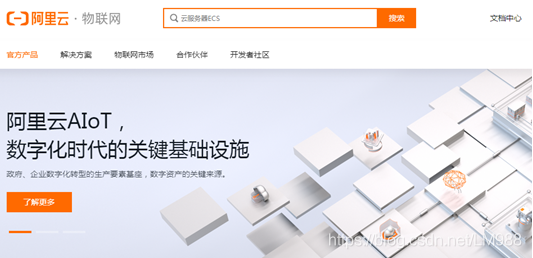
The Alibaba Cloud IoT Suite helps developers build secure and high-performance data channels, facilitating bidirectional communication between terminals (such as sensors, actuators, embedded devices, or smart appliances) and the cloud. Global multi-node deployment allows massive devices to securely and low-latency connect to Alibaba Cloud IoTHub worldwide.
In terms of security, the IoT suite provides multiple layers of protection to ensure the security of devices in the cloud. In terms of performance, the IoT suite can support hundreds of millions of devices with long connections and millions of concurrent messages. The IoT suite also offers a one-stop hosting service, from data collection to computation and storage, allowing users to configure rules on the web without needing to purchase servers or deploy distributed architectures. Through the rules engine, users can achieve full-stack services such as collection + computation + storage.
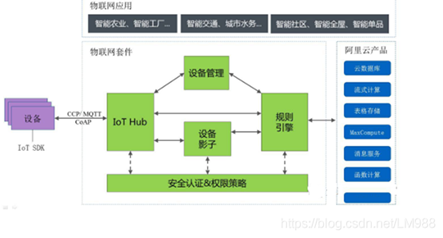
1.1 Access Protocols
1: MQTT, 2: CoAP, 3: HTTP
1.2 Application Scenarios
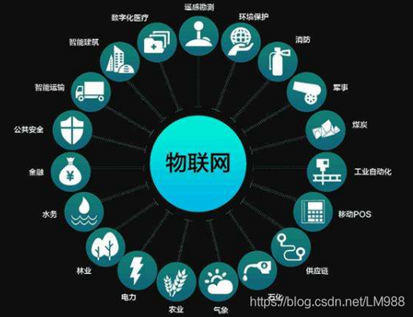
1.3 Advantages
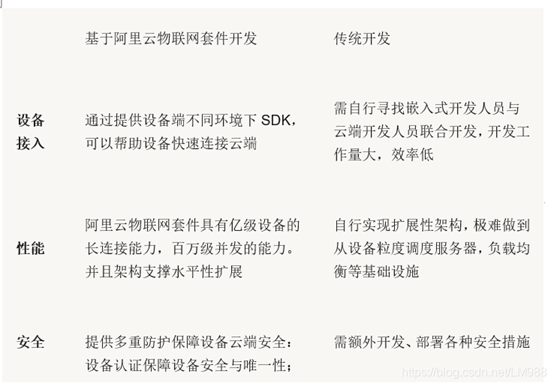
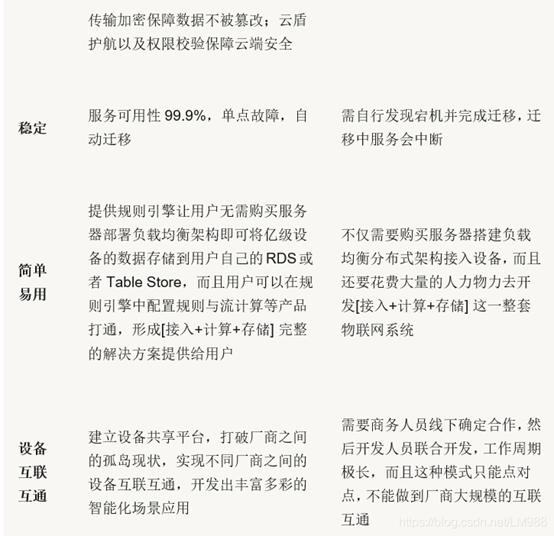
2. China Mobile OneNET

2.1Platform Architecture
OneNET has the following basic architecture in the IoT, serving as a PaaS layer, connecting the SaaS layer and IaaS layer, providing core capabilities to upstream and downstream.

2.2 Access Protocols
1: LwM2M, 2: MQTT, 3: EDP, 4: Modbus, 5: TCP
2.3 Application Scenarios
OneNET focuses on the pain points of various industries, providing complete solutions in smart home, smart automotive, smart wearables, smart energy, and industrial manufacturing.
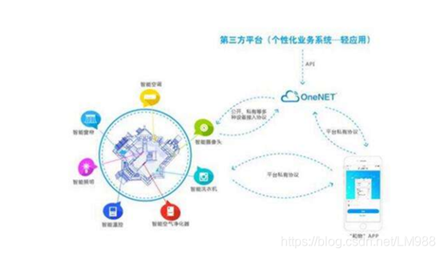
2.4 Value and Advantages
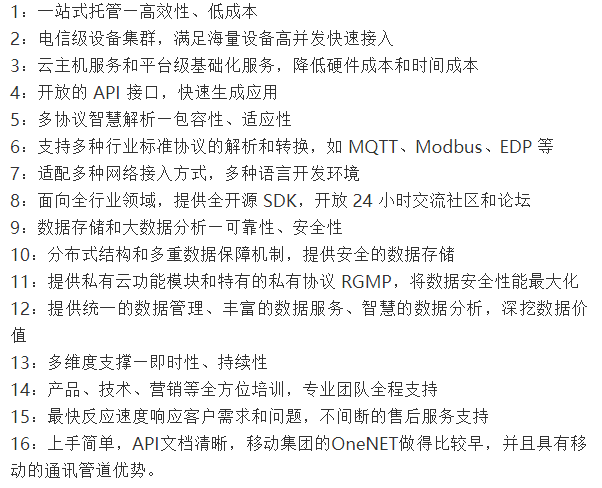
3. Telecom Cloud Platform
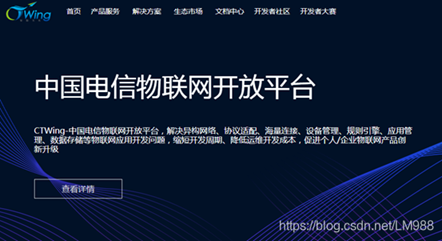
The Universal Enabling Platform is an IoT platform developed by China Telecom, focusing on the aggregation of smart terminals, application development and operation services, and lightweight application provision. It aims to lower the entry barriers for IoT application development and smart hardware access, providing end-to-end solutions for terminal developers, individual hobbyist developers, capability providers, application developers, and various ecosystems within the group. The platform not only provides core capabilities such as terminal access, terminal management, rules engine, data storage and analysis, message push, and end-to-end security, but also seamlessly integrates with Tianyi Cloud to provide powerful IoT-cloud fusion capabilities. Additionally, it meets customer needs for the entire process of SaaS application development, testing, launch, listing, ordering, activation, usage, and billing.
3.1 Platform Architecture
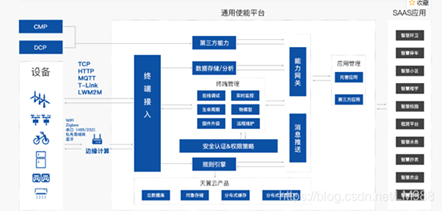
3.2 Access Protocols
1: LWM2M, 2: T-Link, 3: MQTT, 4: NB Gateway, 5: HTTP, 6: TCP
3.3 Application Scenarios
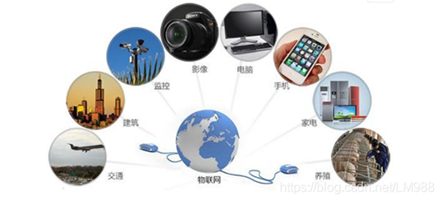
3.4 Advantages
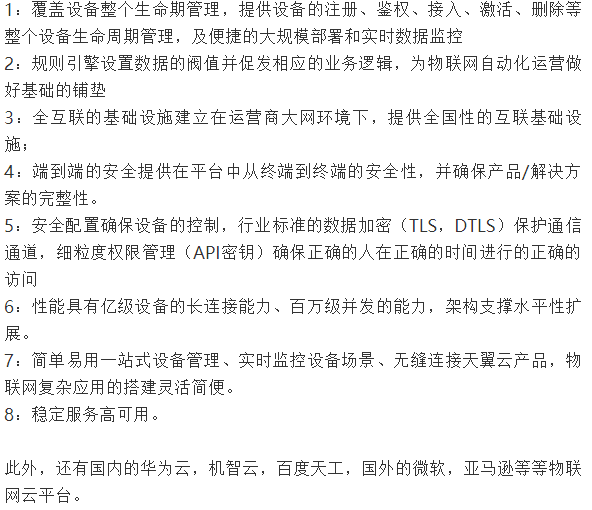
##Reference fromCSDN